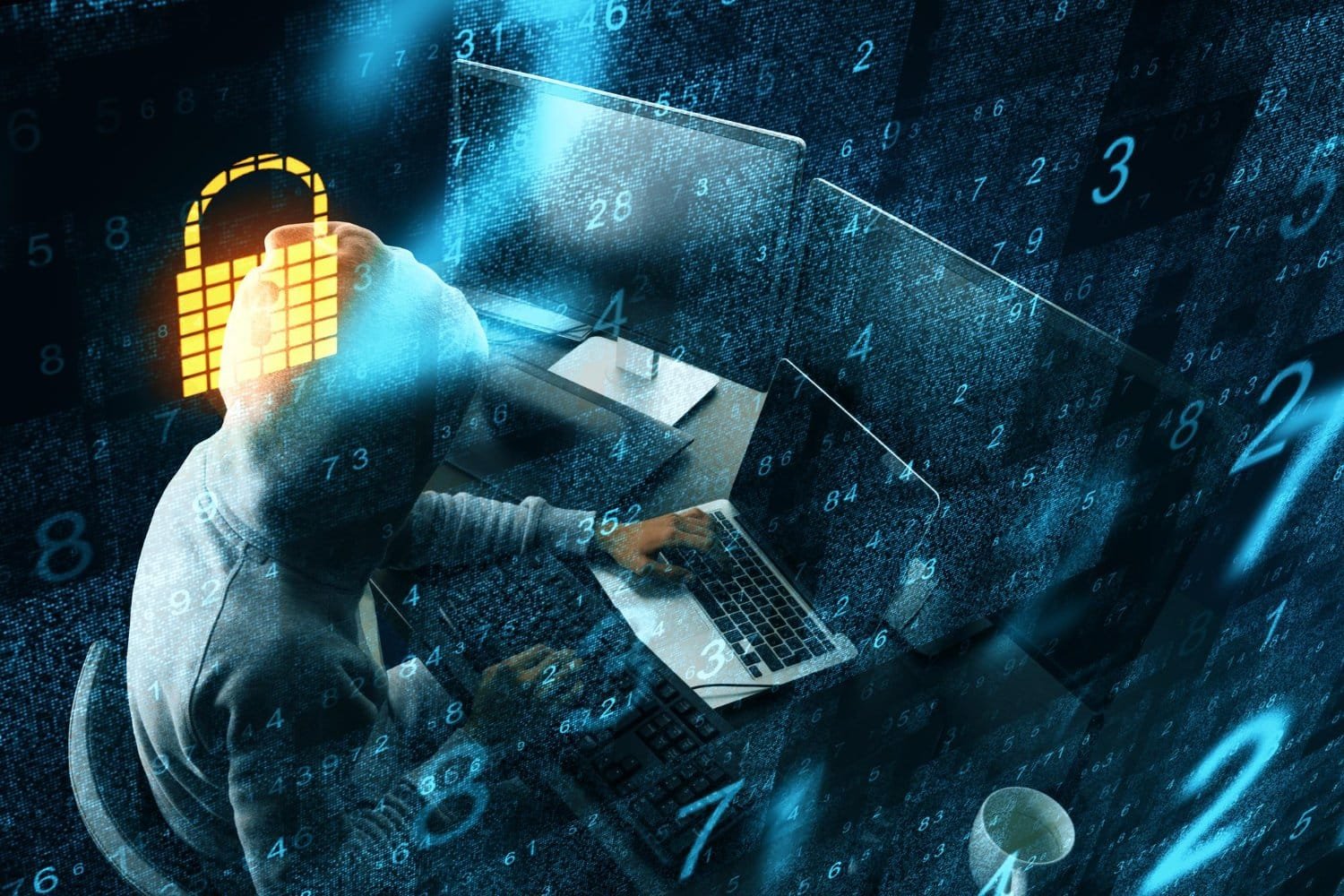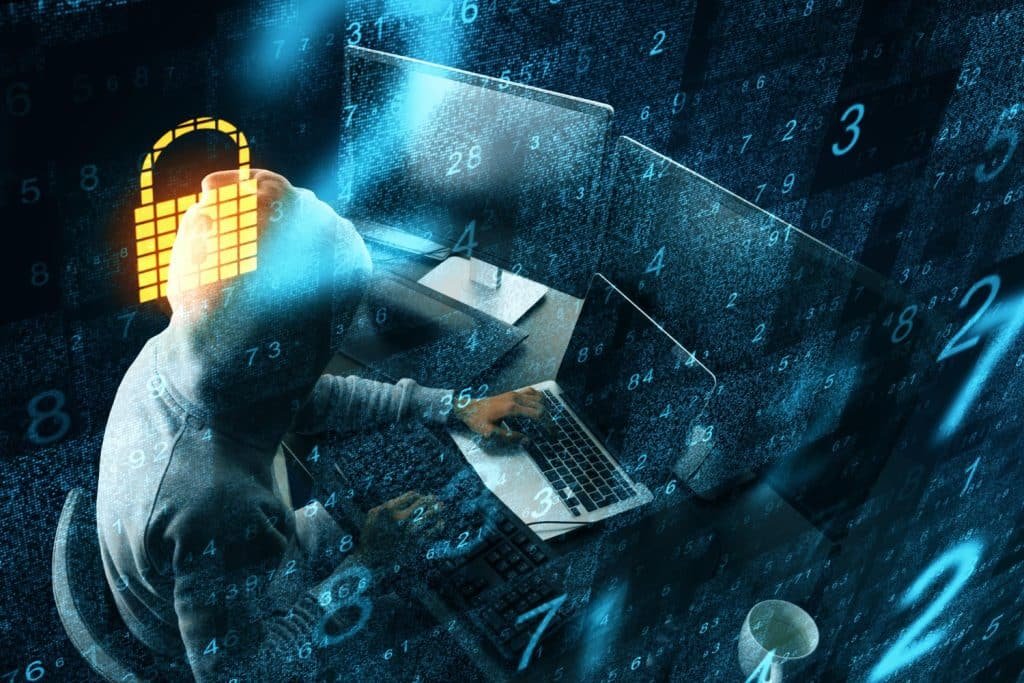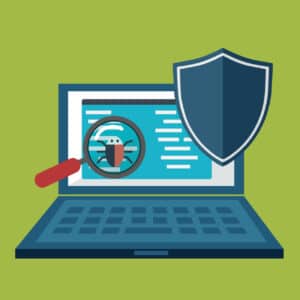Unlocking the Potential: The Role of Blockchain in Cybersecurity
Hey there, fellow cybersecurity enthusiasts! Have you ever heard of blockchain? Sure, it’s the technology behind cryptocurrencies like Bitcoin, but did you know it’s also a game-changer in cybersecurity? Strap in as we dive into the exciting realm of blockchain and its role in keeping our digital assets safe and secure.
The Basics of Blockchain
First things first—what exactly is blockchain? Think of it as a digital ledger, a chain of blocks containing information stored across a network of computers. Each block contains a record of transactions, and once added to the chain, it’s immutable—meaning it can’t be altered or tampered with. It’s like a digital fingerprint, leaving behind a trail of every transaction that’s ever taken place.
Decentralization: The Key to Security
One of blockchain’s key features is its decentralized nature. Unlike traditional centralized systems, where data is stored in a single location, blockchain distributes data across multiple nodes, making it virtually impossible for hackers to manipulate or corrupt. It’s like trying to take down a swarm of bees—no matter how hard you try, there’s always another bee ready to take its place.
Blockchain: A Guardian of Digital Assets
So, how does blockchain fit into the world of cybersecurity? Well, imagine a world where every digital asset – from sensitive financial data to personal information – is stored on a blockchain. Because of its decentralized and immutable nature, blockchain serves as a guardian, protecting our digital assets from unauthorized access, tampering, and theft.
Secure Transactions: Say Goodbye to Middlemen
One of the most potent applications of blockchain in cybersecurity is its ability to facilitate secure transactions without intermediaries. By using cryptographic algorithms and consensus mechanisms, blockchain ensures that transactions are secure, transparent, and tamper-proof. It’s like having a digital notary public, verifying every transaction and ensuring it’s legitimate.
Smart Contracts: Automating Security
But wait, there’s more! Enter smart contracts – self-executing contracts with the terms of the agreement directly written into code. With smart contracts, organizations can automate security protocols, enforce compliance measures, and streamline processes without human intervention. It’s like having a digital watchdog, keeping a close eye on every transaction and enforcing the rules ruthlessly.
Embracing the Future of Cybersecurity
As we journey into the digital age, one thing is clear: traditional security measures are no longer enough to protect our digital assets. With the power of blockchain, we can build a fortress around our data, safeguarding it from cyber threats and ensuring its integrity and confidentiality. So, whether you’re a small startup or a global enterprise, now is the time to embrace the potential of blockchain and secure your place in the digital future.
So, dear readers of Magque, as you embark on your journey into the world of blockchain in cybersecurity, remember this: blockchain is not just a technology – it’s a revolution. By harnessing its power, we can transform how we secure our digital assets and pave the way for a safer, more secure digital future.
Read Also:














